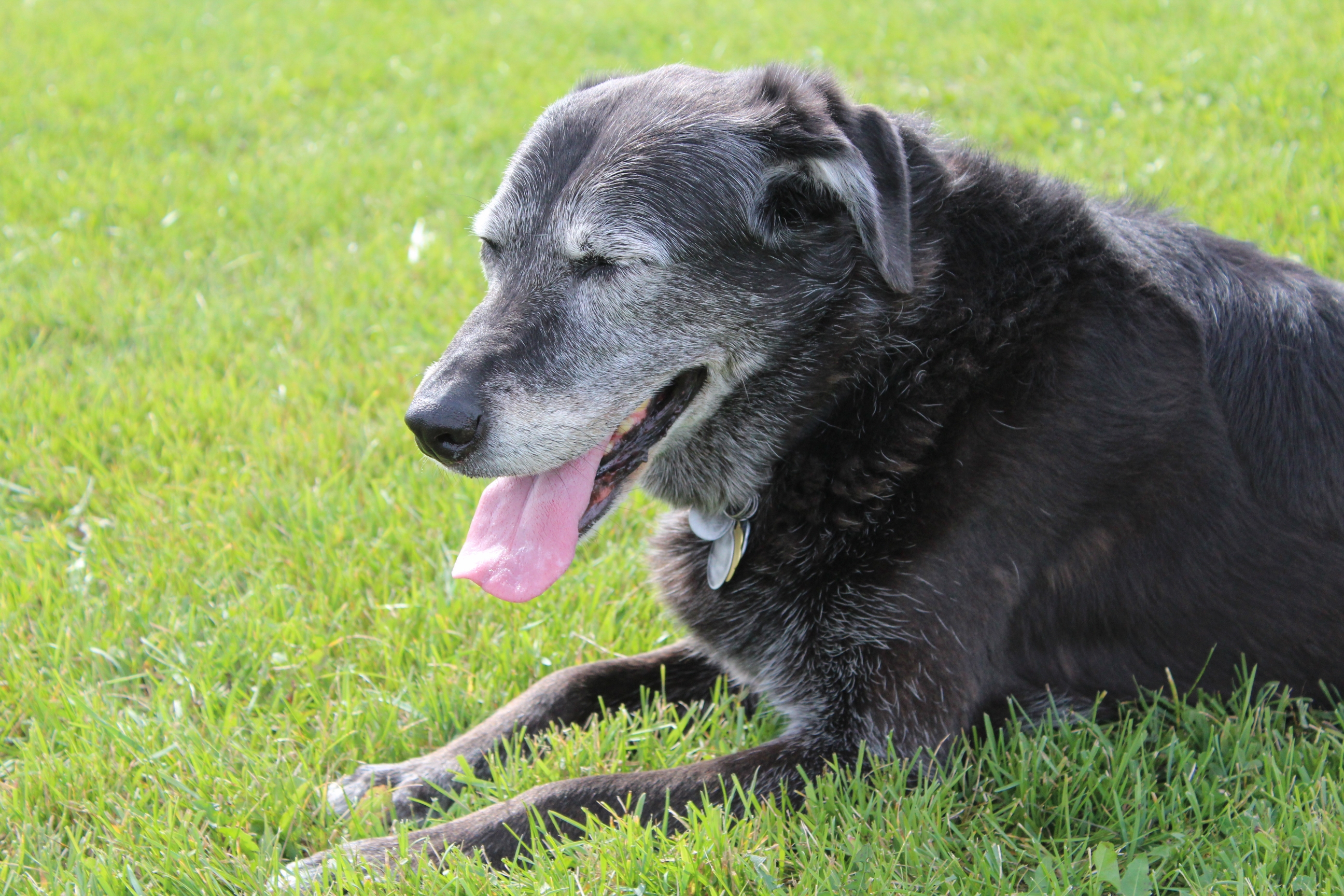In part two of this series we look at what causes panting and when it should be a cause for further investigation.
Panting is a normal way for a dog to reduce its body temperature in hot weather or after exercise. It would be abnormal for breathing to be heavier and more labored than usual when a dog is not too hot.. This may be a sign that your dog is experiencing stress, pain, or another health issue that needs your vet’s attention.
Exercise and excitement
Activity increases body heat which induces a normal panting response. Dogs do not have sweat glands and cool themselves by panting. The evaporation of moisture from the tongue cools the blood at the surface, decreasing the dog’s temperature.
Obesity
Panting can also be a side effect of obesity. When an animal is overweight the heart and lungs struggle to bring oxygen to the increased amount of body tissue.
Anxiety and fear
An adrenalin response to fear or stress will increase the heart rate, and in turn the amount of oxygen required by the body, inducing an increase in panting. This may be a short-term response which decreases as the dog becomes calm, but if it’s ongoing it will require investigation and management.
Pain
Older dogs with arthritis may have difficulty getting comfortable, which causes anxiety and rapid breathing. This can be accompanied by pacing due to discomfort. Aging dogs may also be on medication which can also cause panting.
Warning signs
In severe cases heavy labored breathing may be a warning sign of life threatening conditions such as poisoning, heat stroke, heart failure, chest infection or fluid in or around the lungs. Our dogs cannot communicate to us their difficulties and persistent panting should never be dismissed and should be closely monitored and checked by your veterinarian. See how Bowen Therapy can help.






Leave a Reply